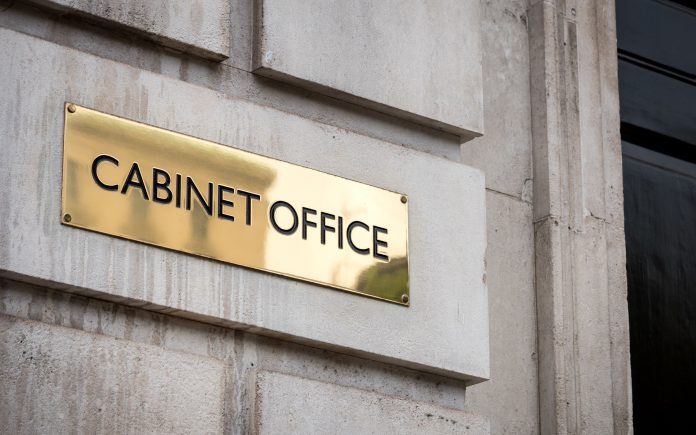By Heather Astbury, MD & Co-Founder of The Reputation People
EDINBURGH, UK, May 26, 2020 – I write this the day after Dominic Cummings’ press conference in the Downing Street Rose Garden. By the time you read it, events may have moved on, however, I am sure the crisis communications lessons to be learned won’t have altered.
By his own admission:
- Dominic Cummings returned to No10 after being close to someone he believed was showing COVID19 symptoms.
- He later drove his family to another part of the country.
- He then drove his family to another town, spent time by a river and played in the woods.
These are at least three clear cases of rule breaking. So, when you have broken the rules and it becomes public, how do you handle the communications? It’s simple. You have to admit you were wrong and you have to apologise.
The announcement that Dominic Cummings was going to give a press conference was a surprise. Not least because the code of conduct for special advisers specifically prohibits this sort of action, but also because it was hard to imagine what he could say that would justify holding a press conference.
Cummings admits he broke the rules. But he wanted the public to know there were extenuating circumstances that made it ok for him to break them and that is why he held the press conference. It seems he believed that casting himself as the victim was the way to recover the situation. However, the circumstances were no more severe or unusual than those experienced by many people across the UK. Indeed, less so than by many.
From a communications point of view, the only acceptable course of action was for him to accept responsibility for his mistakes, apologise unreservedly and offer his resignation. That should have been done much earlier than Monday and via a written statement or video message. The press conference allowed media questions, which saw his story unravel and become more unbelievable.
The aim of crisis communications is to shut down any negative story as quickly as possible. The PM’s disastrous press conference on Sunday, followed by Dominic Cummings’ even worse attempt on Monday, have had the opposite effect.
You close down a negative story by telling the truth, admitting responsibility and apologising for any wrongdoing. You also have to be sincere or it will look like a stunt. Remember the three Ps – pity, praise and promise. In this case he could have shown pity for the people who have lost their lives and loved ones, praised the people who had followed all of the rules despite difficult circumstances and promised that, if allowed to keep his job, he would never disregard the rules again.
Instead we got a statement that appeared geared towards making the public feel sorry for him and didn’t ring true in a number of areas. That has allowed continued media speculation, increased social media discussion and intensified criticism.
He admitted he broke the rules, but didn’t accept his actions were wrong, thereby not accepting responsibility. And most damaging of all – he didn’t apologise.
If he had done these things it is much more likely that this story would have run over one or two news cycles – and it is even possible he might have kept his job. As it is, many people are now even more angry and are seeking ways to keep the story alive. It is now very unlikely the story will go away until he resigns or is removed from office.
Almost certainly this affair has undermined the government’s COVID19 lockdown messaging and it is not far-fetched to suggest that lives could be lost as a result. This saga has eroded trust in the government and its decisions at a time when they need our trust to enforce hard rules.
In a Twitter poll I ran yesterday, I asked what effect people thought recent events had had on the UK’s reputation. 83% said they thought the UK’s reputation had been damaged.
These are the consequences of badly handled crisis communications. Humility, honesty and hope – the three Hs the government and its advisers are failing to deliver right now.






